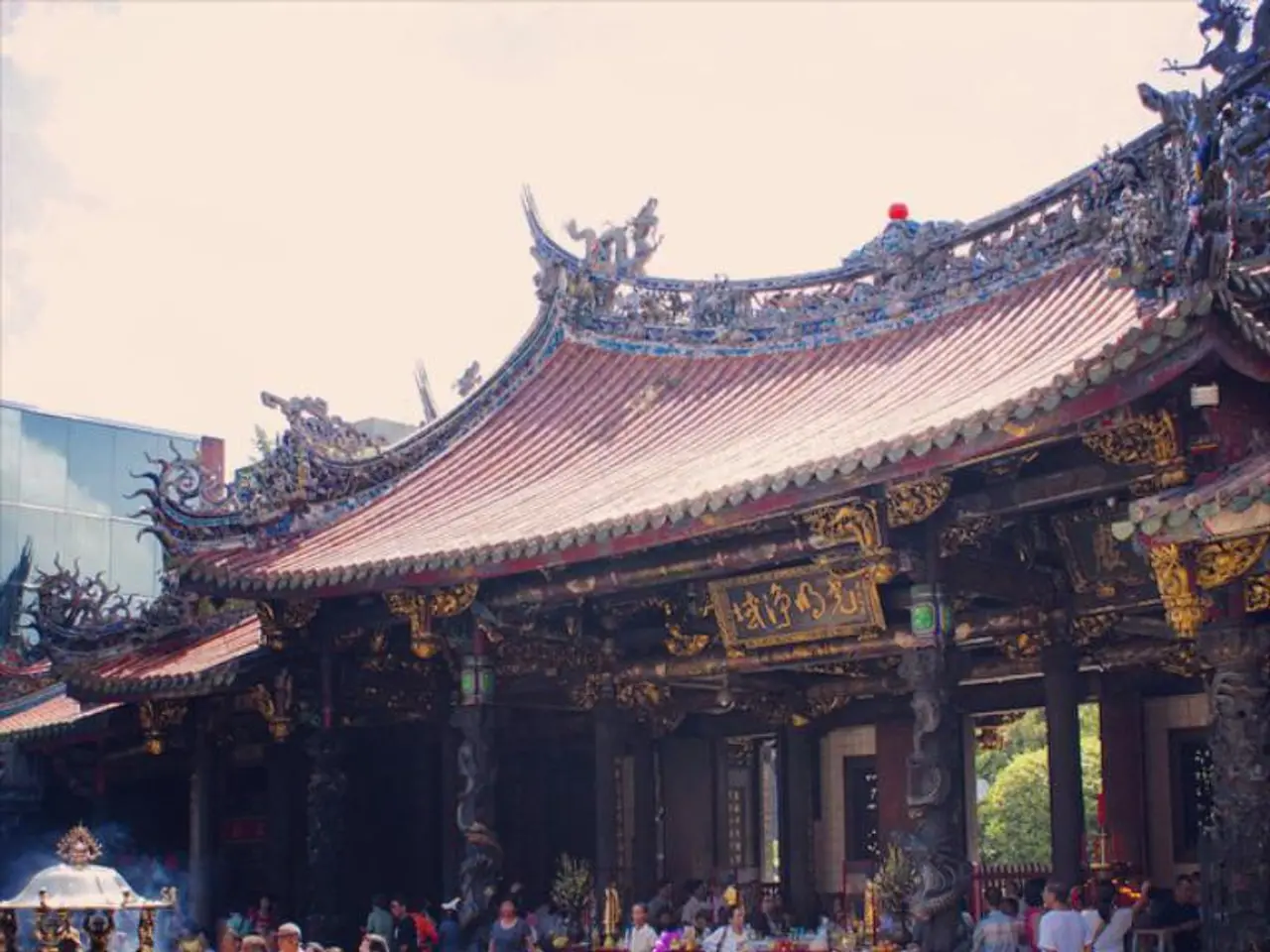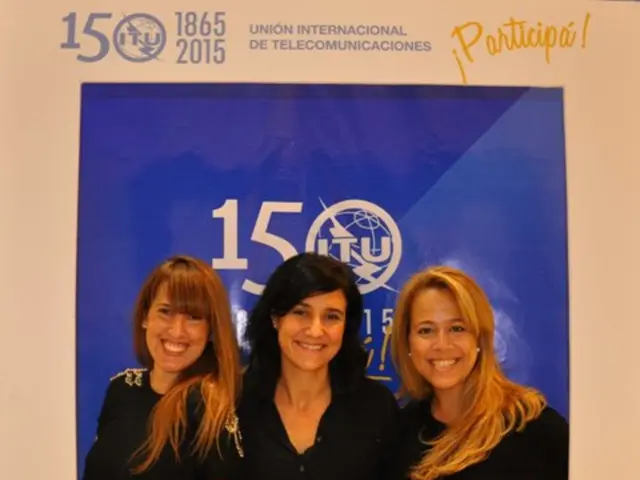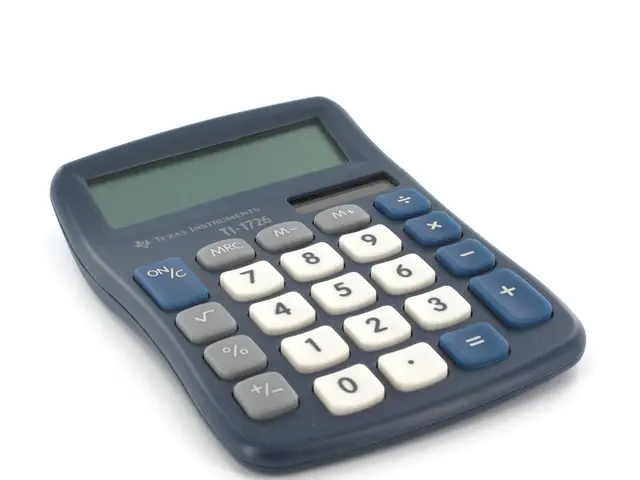Japan expedites Web3 integration: MUFG digitizes a $681 million skyscraper in Osaka through tokenization
Japan is making significant strides in its digital transformation, with a strategic approach that combines smart regulation, technological development, and institutional participation. This forward-thinking approach is paving the way for a future based on tokenization and decentralization.
Key players in the Japanese market, such as SBI Holdings and Sony, are integrating Web3 strategies, including the development of their own blockchains. The incorporation of smart contracts will automate many processes, ensuring greater transparency, security, and cost reduction.
One of the most promising applications of this technology is tokenization, which facilitates the fragmentation of assets, making ownership more accessible and the investment process more transparent and efficient. Mitsui, a significant player in Japan's real estate tokenization, has recently developed its own platform to manage token issuance.
A clear example of Japan's advance towards tokenization and Web3 adoption is the Osaka skyscraper tokenization. Mitsubishi UFJ Financial Group (MUFG), after purchasing an iconic skyscraper in Osaka for nearly $681 million, plans to tokenize the property using blockchain technology. This initiative aims to revolutionize real estate investment in Japan.
The tokenized skyscraper will be divided into small digital fragments or "tokens", functioning as individual shares. This move is expected to democratize the Japanese real estate market, opening investment opportunities to retail investors.
The Japanese government, too, is actively involved in this digital revolution. In 2023, it launched its first official Web3 whitepaper, outlining the roadmap for integrating blockchain technology and Web3 securely and effectively in multiple sectors. Several legislative reforms have been made this year to facilitate the development of cryptocurrencies and Web3 in Japan.
Despite complex regulatory processes, Japan's trajectory shows a country determined not to be left behind in the Web3 revolution. Besides Mitsubishi UFJ Financial Group, important players in Japan's blockchain and Web3 adoption include LayerX (a Tokyo-based AI and blockchain startup), SBI Holdings, Japan Post Bank (with its DCJPY digital token), Osaka Digital Exchange, Sony Group, Sumitomo Mitsui Financial Group, Mizuho Bank (with digital payment tools like J-Coin Pay), and GMO Aozora Net Bank. All of these entities are contributing to the development of blockchain infrastructure and digital finance ecosystems in Japan.
Tens of billions of dollars worth of "security tokens" have been issued since 2021, with real estate projects and tokenized bonds leading the way. Japan has simplified access to token investments for domestic venture capital companies, which could further boost innovation and internal financing.
In conclusion, Japan is not only seeking to adopt technology but also to ethically position itself as a leader in the global Web3 community. The country's commitment to digital transformation, particularly in the real estate sector, is a testament to its vision for a more accessible, transparent, and efficient future.
Read also:
- Understanding Hemorrhagic Gastroenteritis: Key Facts
- Stopping Osteoporosis Treatment: Timeline Considerations
- Trump's Policies: Tariffs, AI, Surveillance, and Possible Martial Law
- Expanded Community Health Involvement by CK Birla Hospitals, Jaipur, Maintained Through Consistent Outreach Programs Across Rajasthan








